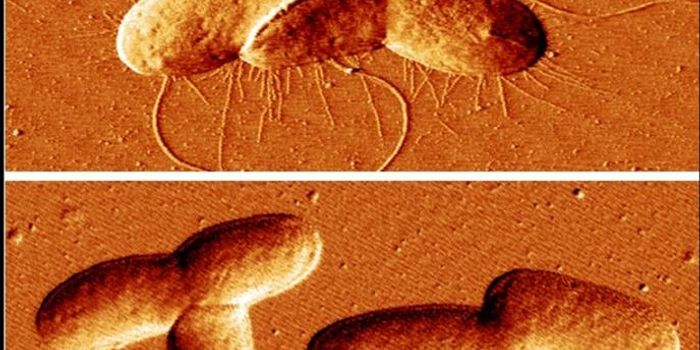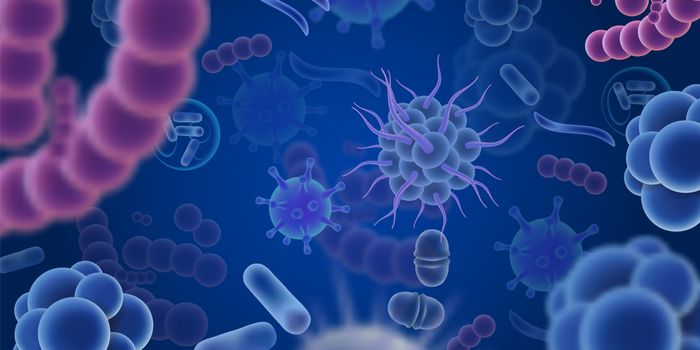Tourists Are Often Exposed to Superbacteria
Researchers and clinicians have long been warning about the rise of antibiotic-resistant super-bugs, pathogenic bacteria that cause difficult-to-treat infections and are considered a public health threat. International travel, at least before the COVID-19 pandemic, could expose tens of millions of travelers to intestinal bacteria they don't encounter normally at home. New research reported in the Lancet Microbe has shown that 20 to 70 percent of travelers may carry antibiotic-resistant microbes or super-bacteria that generate a molecule known as ESBL (extended-spectrum beta-lactamase, which makes bacteria more resistant to drugs), back home from tropical destinations. That wide range in the estimate is partly because the risk of exposure is so dependent on the destination as well as the behavior of an individual.
In this study, a team of researchers investigated a group of 20 Europeans who visited Laos for three weeks. Stool samples were taken from the volunteers when they arrived in Vietnam at the start of their trip, then every day after they got to Laos. The researchers analyzed the bacteria in the stool samples to get a snapshot of what bacteria were carried by the study participants. Any strains of super-bacteria that were found were isolated and studied in further detail with whole-genome sequencing.
The work showed that super-bacteria showed up in the travelers within the first week. The samples varied by day though, so daily samples were required to show that everyone was carrying one of these microbes at some point; some individuals carried super bacteria for a few days in a row while there were breaks in other people, with super-bacteria appearing, disappearing, and reappearing.
"Our study revealed that travelers to the tropics are much more predisposed to acquiring super-bacteria than previously thought. In conventional studies, stool samples are only collected before and after travel, not while abroad as we did now. Travelers to the tropics are known to be exposed to super-bacteria, but the extent of the risk revealed by our real-time sampling was unexpected," said study co-leader and Professor of Infectious diseases Anu Kantele of Helsinki University.
"It became evident that acquisition of super-bacteria is a dynamic process: bacteria come and go, some strains persisting for a lengthy period of time."
Since the same strain was only found in two people once, the researchers concluded that the bacteria was probably not being transmitted from one person to another; they were acquiring the microbes independently. No one got clinically ill from the microbes either; the participants would have been unaware that they carried super-bacteria without this research study.
"It was wonderful to see how our intestinal bacteria stand up to the incomers: the great majority of all alien strains disappeared already before the end of the journey," Kantele noted.
With whole-genome sequencing, the researchers could see just how many microbes had colonized the tourists. Daily sampling and this careful analysis showed that the group ended up acquiring 83 different strains of super-bacteria at some point during their trip.
It seems that although people can easily acquire these microbes, they don't usually get sick. The strains also fade away over time once they get back home. But it is possible for some of these microbes to be passed on in some cases, and if a super-bacteria does cause an infection it can be hard to get rid of it.
This research has also suggested that it's a very bad idea to preemptively take antibiotics while traveling. For one thing, antibiotics will tend to eliminate so-called good microbes that can stop nasty microbes from gaining a toehold. The antibiotics, in the end, can give pathogenic microbes an advantage. The misuse of antibiotics, such as when doctors prescribe them for illnesses that they won't treat, or when people take them without regard to whether they will be useful, or when people don't finish an antibiotic prescription, is thought to be one of the major contributors to the rise of antibiotic-resistant bacteria.
Sources: AAAS/Eurekalert! via University of Helsinki, Lancet Microbe









